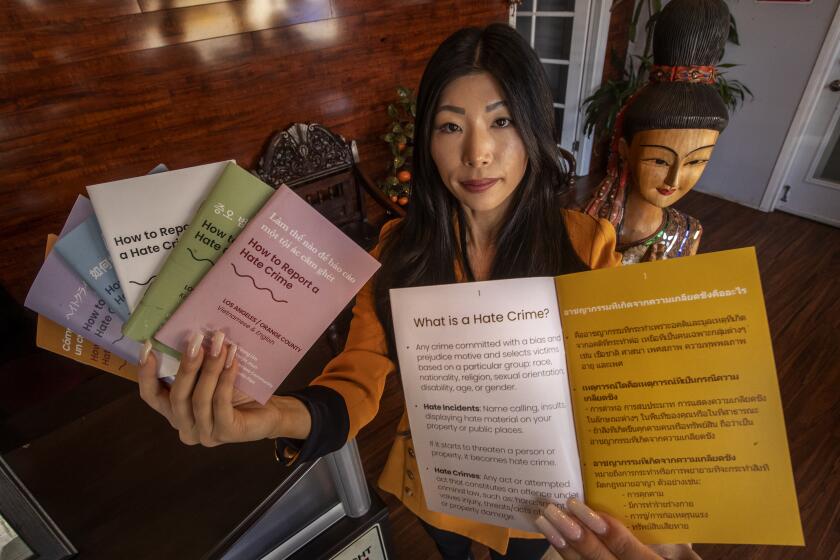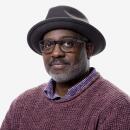It was actually running right up against my goal that I had, which was to enter into a path of what I jokingly called “the path to obscurity.” I’ve been very comfortable with the idea that one day I get to be a lot more private and that people are not going to ask to interview me.
But [Jamie and I] were friends to begin with. We had already talked about so many things related to another documentary. I just remember standing on my veranda looking at trees and talking about life and about trauma, pain, survival, resilience. Finally, after he literally courted me for a period of time, bringing me sandwiches for lunch and, you know, “If you don’t want to do it ... Can I just show you? I’ll never say that again.” Blah, blah, blah. Finally, I decided that we’d talked about this so much, I really trust him. I just had to say to myself, is this going to be worth doing it, having conversations with Jamie and looking at his creative ideas for doing this? I decided yes.
There was another reason, and that is because I knew he was very, very sick and he had talked openly, admitting that he could die.
I told him, “You don’t need any more uncertainty in your life.” And I said, “Go ahead and do this.” No hesitation.
He had the whole documentary mapped out and he said, “Don’t worry, it’ll be done.” And I said, “Jamie, I’m not worried about the documentary at all. I worry about you.”
Now, if I hadn’t known Jamie, if I didn’t have that level of trust in him, I wouldn’t have done it. Because you open yourself up so much to who you are and your family, everything. The archives, my photographs.
[Having done] this documentary thing, it’s clear to me now that all these parts of my abilities and my obsessions as a writer, that they are very much related to my emotions.
What I think that a lot of people may be getting from this documentary is that they say, ‘Hey, what about my life? The life of my parents and my parents’ parents before that? And how does that all continue or transmute over the years, over the generations? How did I become who I am?’










